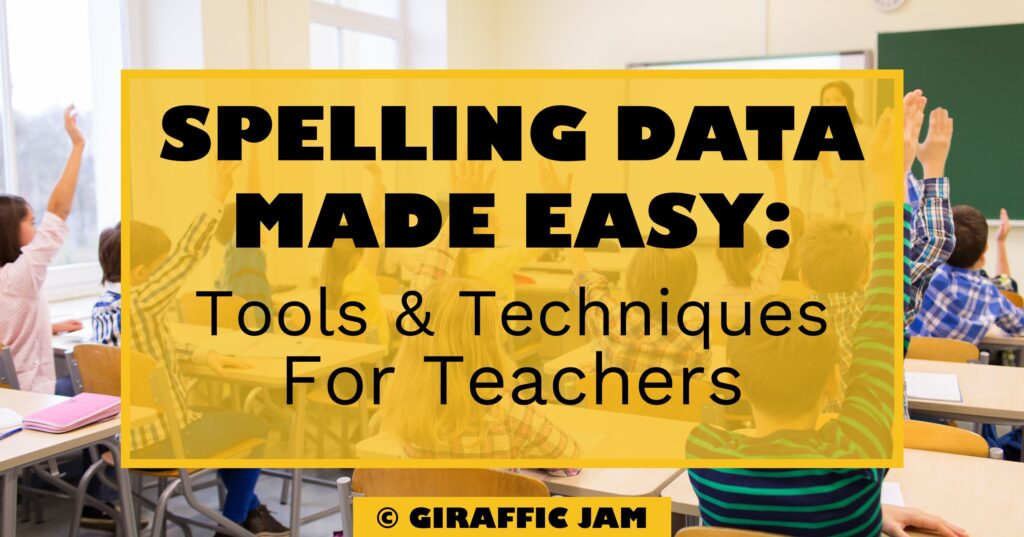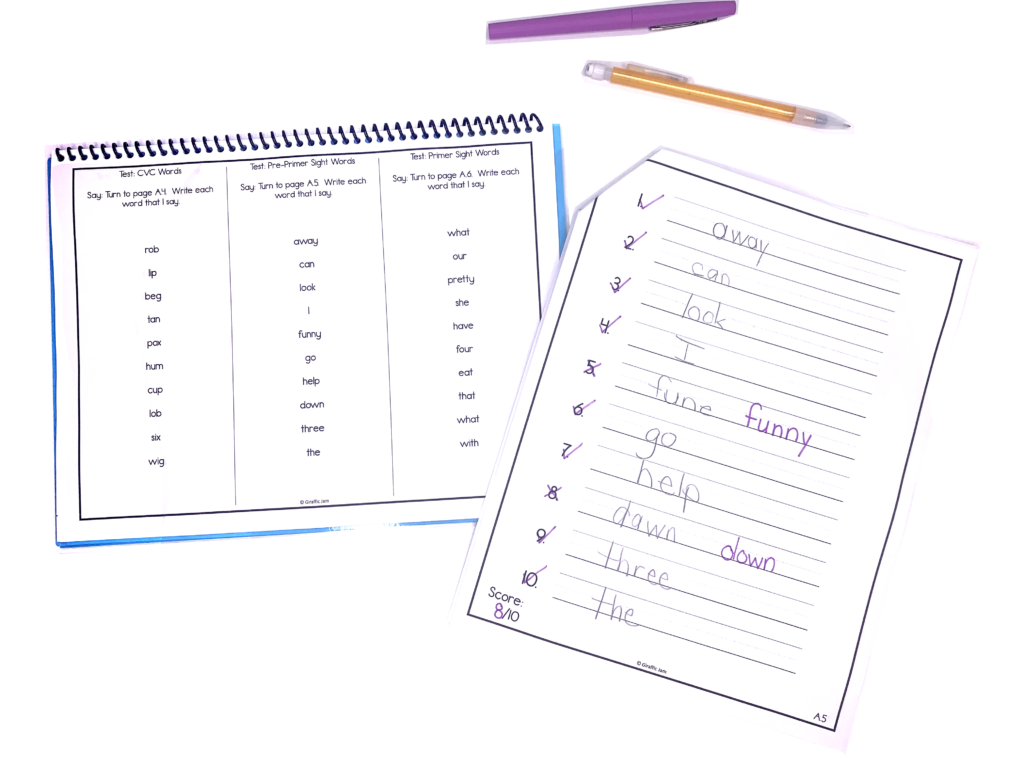
Spelling data doesn’t have to be challenging. And, when done correctly it can show you so much about your students. Among the many subjects taught in elementary schools, spelling holds a unique position. It’s not just about memorizing words but understanding patterns, phonetics, and the intricacies of the English language. In this blog post, we’ll delve deep into the world of spelling data, exploring when and how to collect it, the materials you can use, and the best practices for analysis and sharing.
Timing is everything. For spelling, data should be collected at multiple points:
There are various methods to gather spelling data, each with its own merits:
With the advancement of technology, several tools and materials can aid in the data collection process:

“This was very helpful in determining which of my students needed more support with spelling and phonics. I was able to identify a few students that I worked with some more on these concepts.”
Once you have the data, the next step is to make sense of it:
Sharing data is crucial for several reasons:
Spelling, while seemingly straightforward, is a complex skill that requires nuanced teaching strategies. By effectively collecting, analyzing, and sharing spelling data, teachers can create a more tailored and effective instructional approach. In the age of information, let’s harness the power of data to mold our young learners into confident and competent spellers.